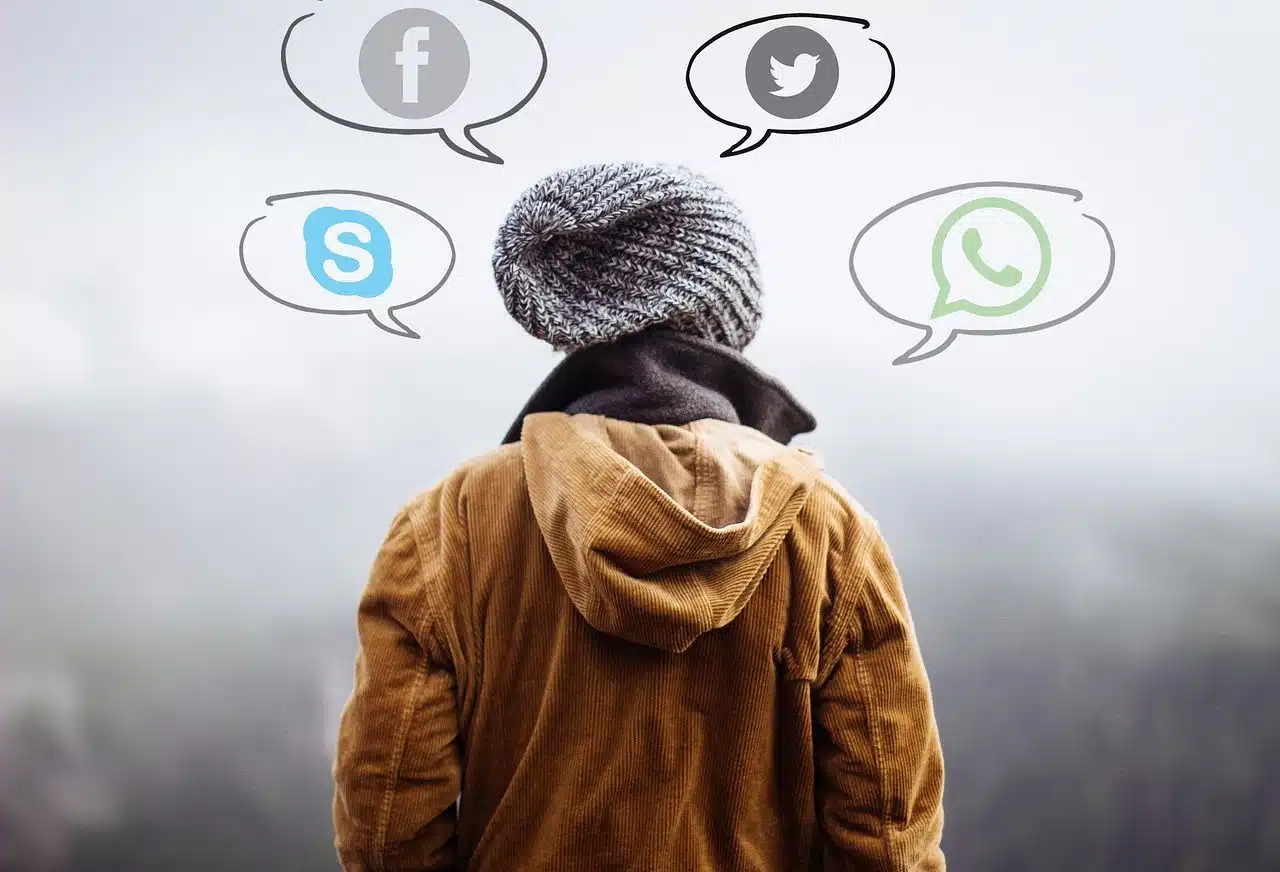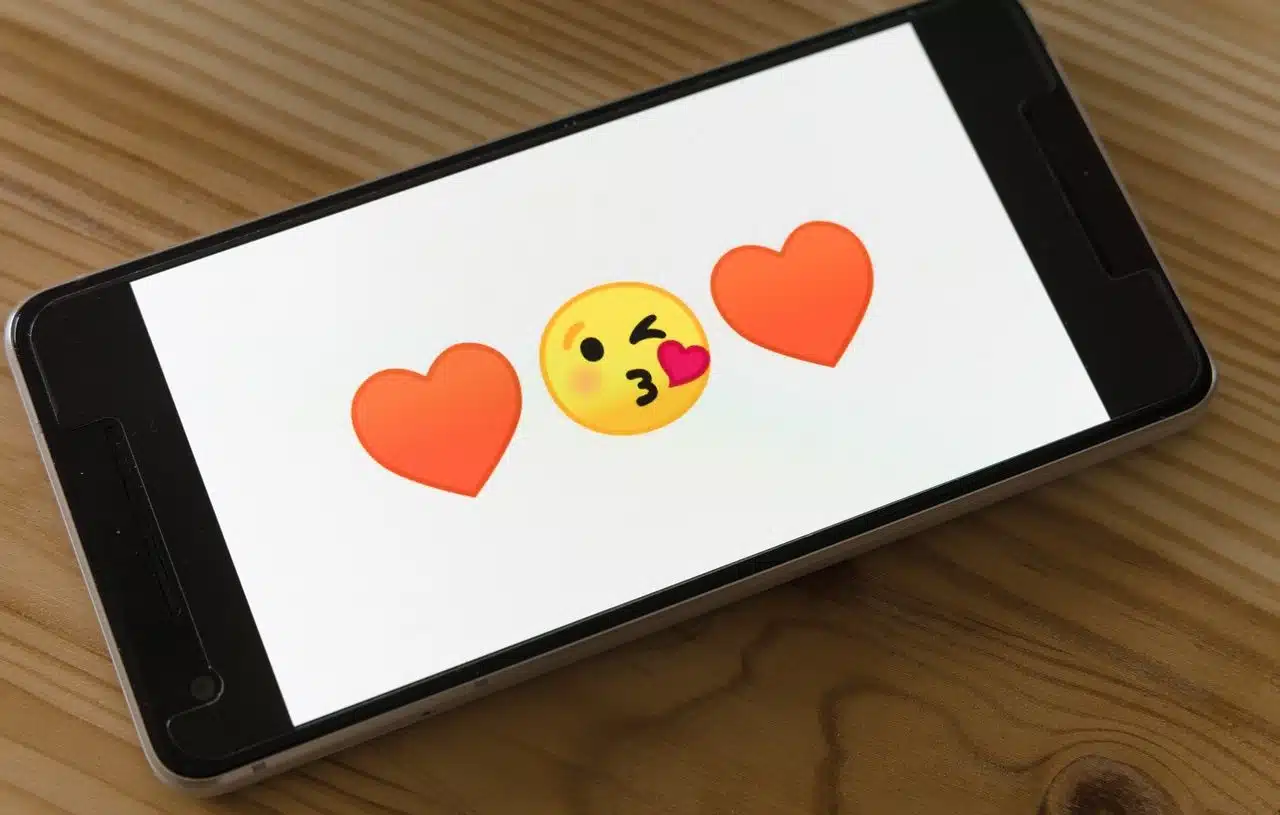
Instant messaging services and social networks are innovating, modernizing and communicating news frequently to keep users active and satisfied.
Instant messaging is a technological resource widely used today worldwide, as is the case with social networks (in which, many times, there are windows reserved for chatting or conversing privately). It is a form of remote communication that is carried out through a program or application present on a device with Internet access ( mobile phone equipment, computer , tablet , etc.).
Currently, there are numerous instant messaging services that, beyond enabling informal chats between two or more subjects geographically separated by a few or many kilometers, offer the possibility of teleworking and making virtual medical appointments , for example.
Users who use this tool to stay in touch with family, friends, clients, neighborhood groups, etc. have multiple use options available: thus, text messages are sent and received, video calls are made to generate a live broadcast of audiovisual content and voice messages can be recorded and played back.
Instant messaging platforms
It is interesting, even though they are used daily and it seems that the technological elements are perfectly mastered, to frequently update their knowledge about social networks and apps in order to, among other things, be able to master and make the most of the benefits offered by them. most popular instant messaging platforms of each era.
For some time now, most users have connected with their contacts through WhatsApp , a free access application in which there are end-to-end encrypted messages and calls. In this space, as in other similar messaging services, there are stickers , GIFs and emojis to enhance or replace written expressions with animated images, symbols and drawings of different themes.
Telegram , a development originally from Russia useful for chatting and managing messages with security and privacy guarantees, is another of the fashionable platforms. Cloud storage mode is available, as are other features such as timed deletion and group video calls .
Facebook Messenger (an alternative that has been mutating and adding tools, in addition to having stable versions for Microsoft Windows , iOS , Android , etc.), Snapchat (designed for those who have smartphones and want to exchange content with video , image and filter support to edit photographs) and Skype (which can be used on desktop computers and phones to make voice calls , carry out massive audio conferences, incorporate subtitles, etc.) are other instant messaging services that are still in force.

When exchanging messages in an app or using a social network, it is common, in an informal setting, to use emojis, stickers and even memes.
Security and privacy in virtual talks
It is extremely important and necessary to guarantee security and privacy when holding virtual conversations .
Data encryption , to indicate a fundamental mechanism also known as encryption , is useful to prevent information from being leaked and ensure the protection of sensitive content.
Always, regardless of the use (or not) of instant messaging services , it is advisable to invest time and money in cybersecurity services and knowledge to minimize the chances of being victims of computer crimes and to keep networks as protected as possible. equipment and programs against threats , computer viruses , malicious software and destructive attacks committed by hackers .
Use complex passwords that are difficult to decipher (at least eight characters that combine letters, symbols, lowercase and uppercase letters) and change them from time to time in order to defend your own privacy , create backup copies (essential to facilitate the recovery process data ) and not lose sight of the importance of carrying out software updates (a procedure that contributes to the proper functioning, improvements and security of technological devices because, otherwise, the operating system becomes vulnerable and is exposed to failures that can lead to leaks or theft of confidential information) are recommendations that, if implemented, save many problems and worries.
Unfortunately, phishing (that is, identity theft ) exists and is a modality used by cybercriminals with the aim of fraudulently appropriating the personal data of their victims. That is why awareness campaigns and mass media insist on not opening, responding, downloading attachments or accessing links in emails from unknown or dubious sender because they are traps. Cyberbullying or virtual harassment (through social networks and/or instant messaging services) and grooming (harassment carried out by adults whose victims are minors), for example, are also realities that deserve preventive actions, complaints and condemnations.

Signal, Viber and KakaoTalk are alternatives that diversify the field of instant messaging, although they are not as popular as Telegram, WhatsApp or Facebook Messenger.
Instant messaging features
Instant messaging services have a large number of functionalities that seek to captivate users and satisfy their needs linked to virtual communication .
Above we refer to tools such as video or voice calls and messages, both written and those sent in audio format. We even focused on stickers , emojis and GIFs that add fun to the communicative act.
In this framework, it is also convenient to indicate that applications usually have a friendly user interface that is easy to understand and configure. It is common for social networks and instant messaging applications to access a name and image chosen by the person who manages the account in question and decides, for example, who is allowed to access their publications or which contact(s) to block.
